You choose a metal you think can take the heat. Specs are tight, tolerances unforgiving, but mid-flight, thermal expansion warps the part just enough to cause failure. Now multiply that risk by thousands of dollars in losses or a life-critical application.
That’s the hidden danger of not choosing the right heat-resistant metal for CNC machining. It’s not just about melting points, it’s about performance under thermal stress, oxidation resistance, machinability, and long-term dimensional stability.
In this guide, we’ll walk you through the top 3 high heat resistant metals, their properties, and what makes each one ideal for specific applications. Even if you're machining for jet engines, automotive manifolds, or industrial molds, you’ll find exactly what you need to make smart, heat-proof decisions.
Let’s dive in and eliminate the guesswork.
Why Heat Resistance Matters in CNC Machining
CNC machining is often the go-to for high-precision parts. But when parts must withstand extreme thermal loads, material choice becomes mission-critical. The best heat-resistant metals offer:
● Dimensional stability under high temperatures
● Oxidation resistance to prevent surface degradation
● Mechanical strength at elevated temperatures
● Machinability without excessive tool wear
Top 3 Heat-Resistant Metals for CNC Machining
Here are the metals that rise above the rest when things get hot, literally.
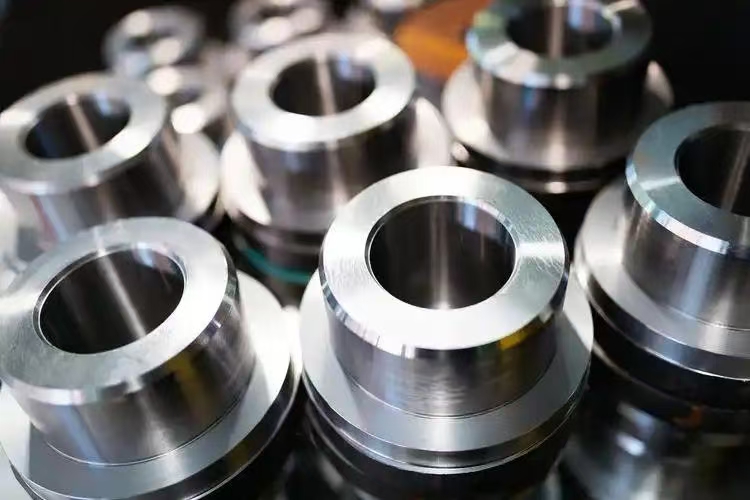
Max Temp Resistance: ~980–1,090°C (1,796–2,000°F)
Why it’s great:
Inconel is the gold standard in high-temperature alloys. It retains strength and resists oxidation even when red-hot. It's commonly used in aerospace engines, turbines, and chemical plants.
Pros:
● Excellent mechanical strength at extreme temps
● High corrosion and oxidation resistance
● Great for environments with thermal cycling
Cons:
● Difficult to machine, requires slower feeds and coated tools
● Expensive material
Best for:
Turbine blades, exhaust manifolds, combustion liners
2. Titanium Alloys (e.g., Grade 5 Ti-6Al-4V)
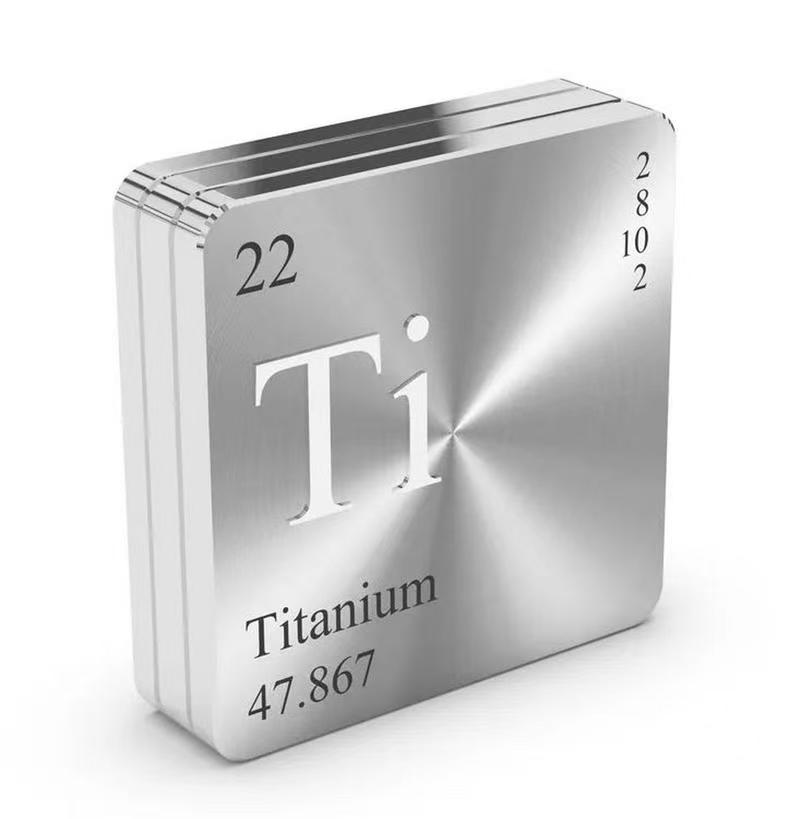
Max Temp Resistance: ~600°C (1,112°F)
Why it’s great:
Titanium alloys are a great choice when you need something that’s both super strong and lightweight, plus, they can handle high heat and resist corrosion really well.
Pros:
● Light but strong
● High fatigue and heat resistance
● Biocompatible (can be used for medical parts too)
Cons:
● Still more costly than steel
● Requires rigid tooling setups
Best for:
Aerospace frames, engine parts, medical components
Working with heat-resistant metals like Inconel or Titanium pushes your machining process to the edge, precision and tool control matter more than ever. If you're still torn between manual vs CNC machining for high-temp alloys, here's a breakdown of cost and accuracy that could save your entire project.
3. Stainless Steel (Grades like 309, 310, 321)
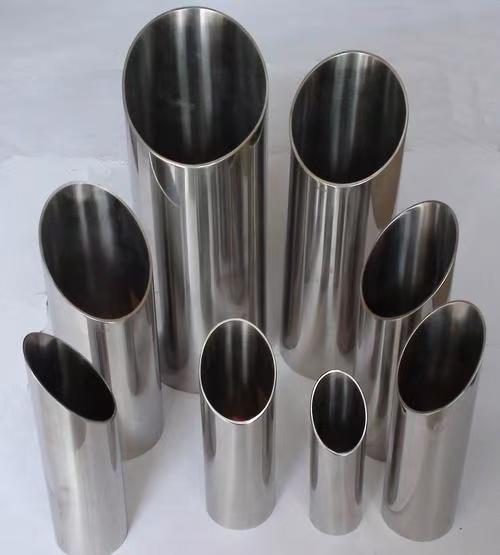
Max Temp Resistance: ~870–1,150°C (1,598–2,102°F)
Why it’s great:
Stainless steel offers solid heat resistance and is easier to machine than Inconel or Titanium. Heat-resistant grades like 310 are great for cost-sensitive thermal applications.
Pros:
● Affordable and widely available
● Good strength and thermal oxidation resistance
● Decent machinability
Cons:
● Heavier than titanium
● Moderate corrosion resistance in high-heat environments
Best for:
Furnace parts, heat exchangers, boilers, oven components
Machining heat-resistant alloys requires the right expertise, tooling, and tolerances. At JLCCNC, we specialize in custom CNC machining services for extreme-use materials like Inconel, Titanium, and Stainless 310. We offer online CNC machining services with full material traceability and expert engineering support. Upload your file here and get a free quote instantly!
How to Choose the Right Heat-Resistant Metal
Choosing the best heat-resistant material depends on your specific application and machining priorities. Ask yourself:
1. What’s the maximum operating temperature?
If temps exceed 1,000°C, go for Inconel or Hastelloy. Under 700°C? Tool steel or stainless may be enough.
2. Is corrosion also a factor?
Titanium and Hastelloy don’t just stand up to high temperatures, they also offer excellent protection against harsh chemicals, making them ideal for more demanding environments.
3. Is weight a concern?
Titanium is unbeatable for high strength-to-weight requirements.
4. Do you need machinability or extreme strength?
Stainless steel and tool steel offer easier CNC processing than exotic alloys like Inconel or Hastelloy













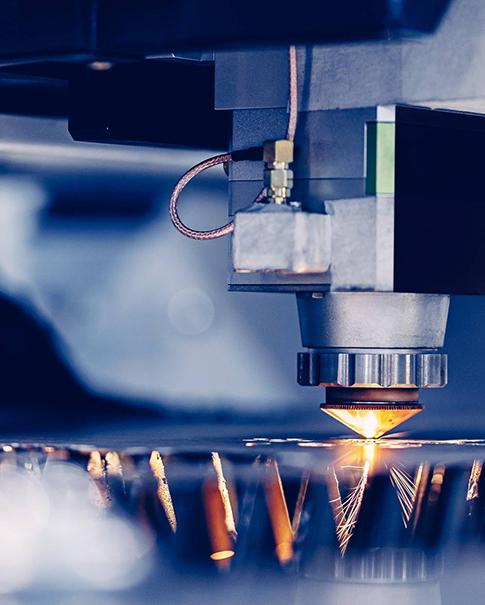
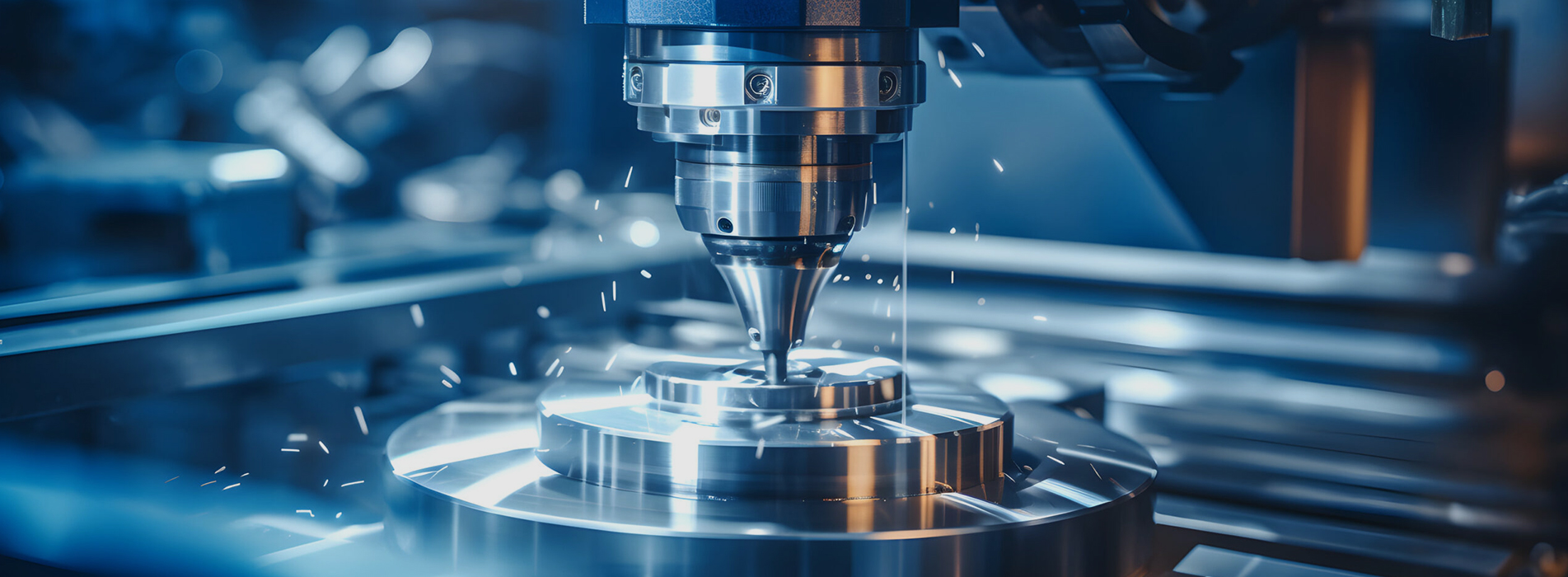



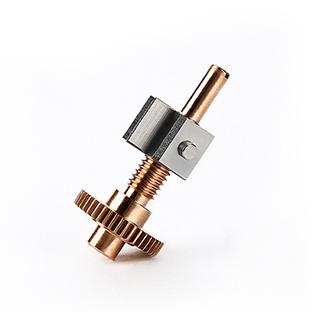
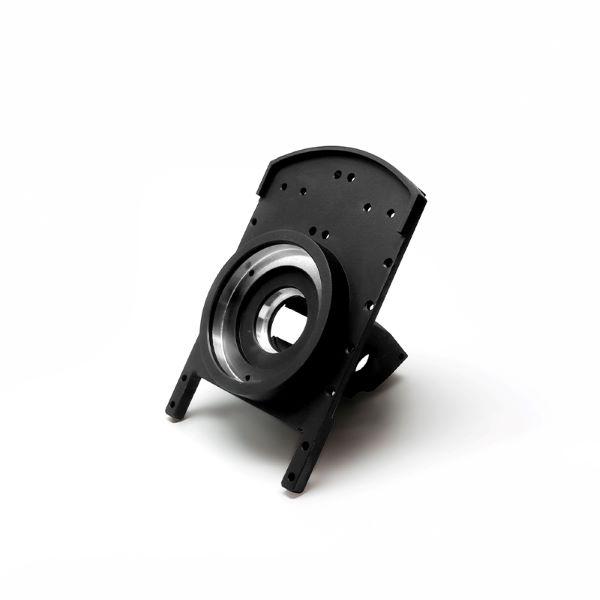
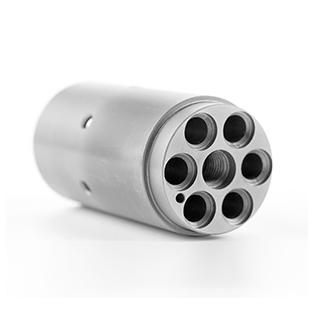
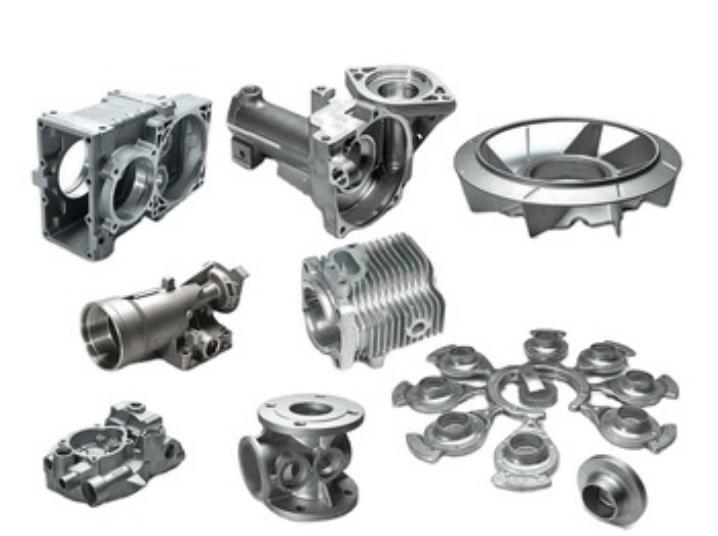
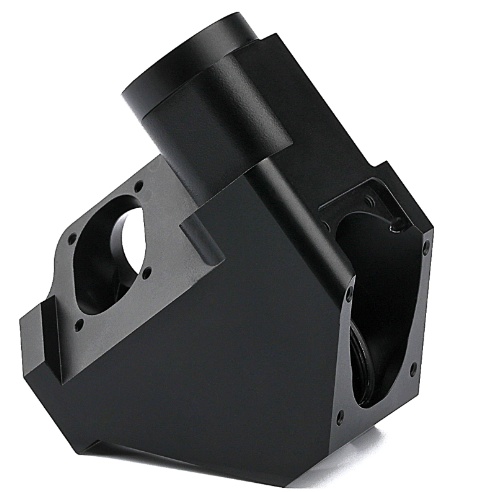
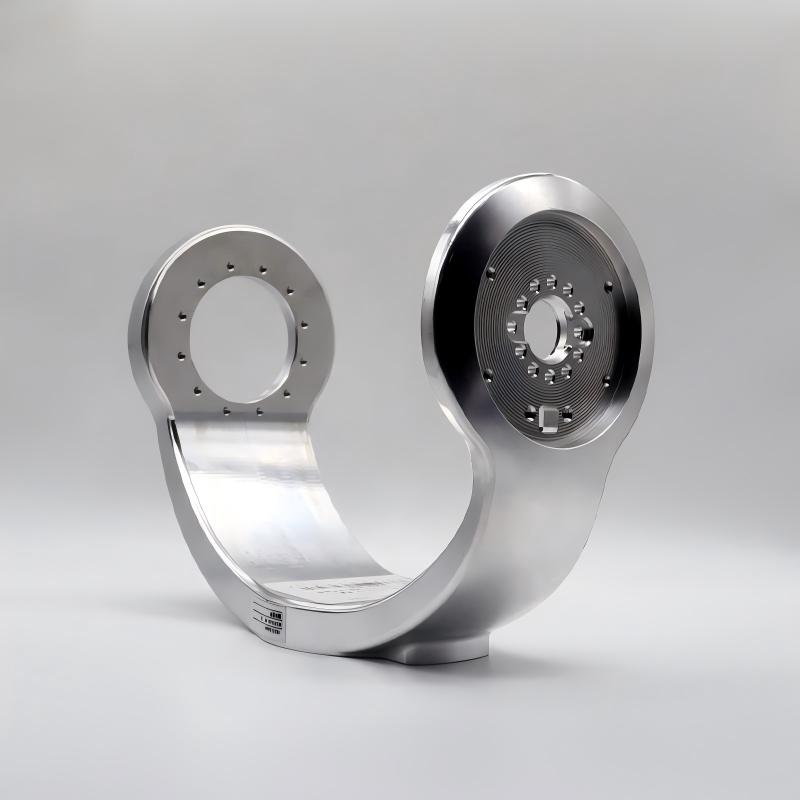
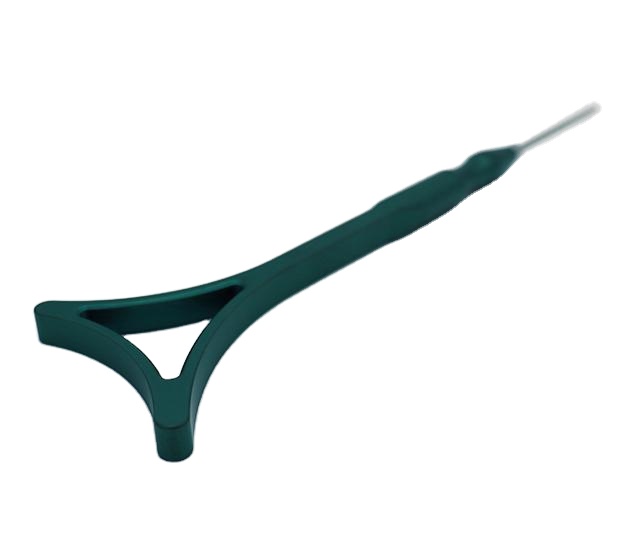
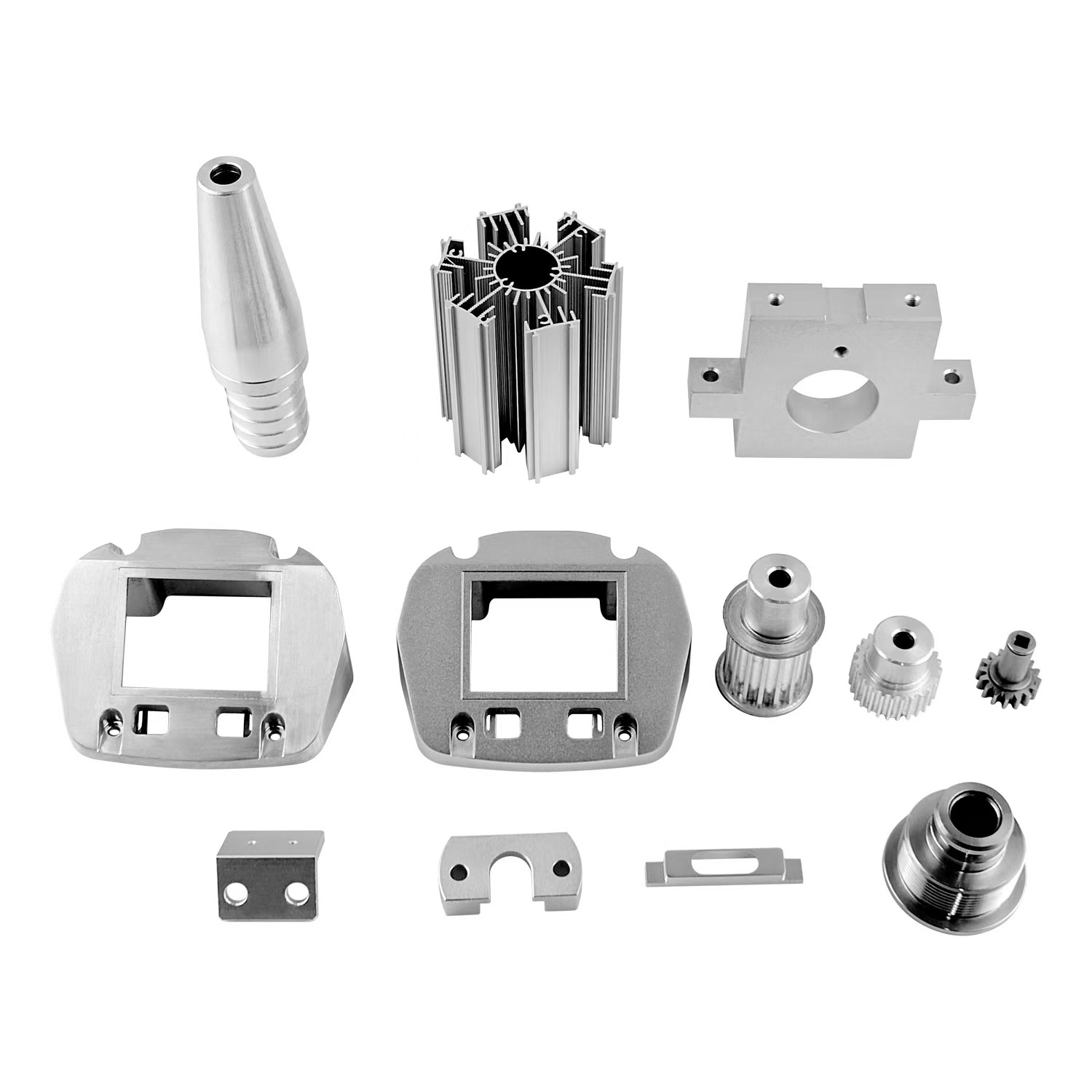
 SUBSCRIBE TO OUR NEWSLETTER
SUBSCRIBE TO OUR NEWSLETTER






